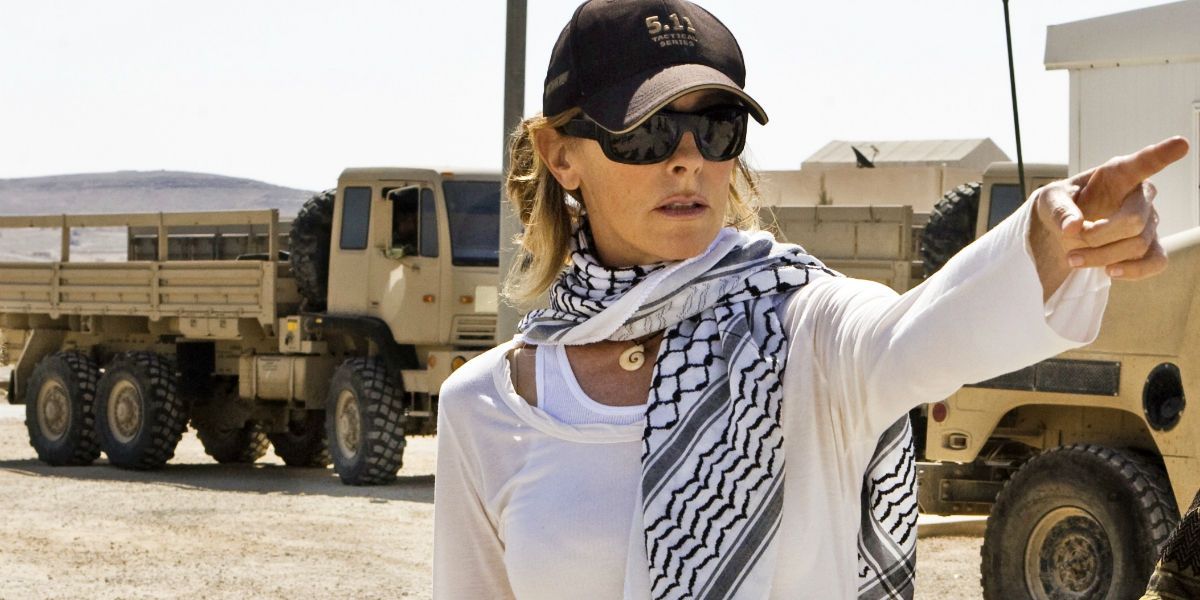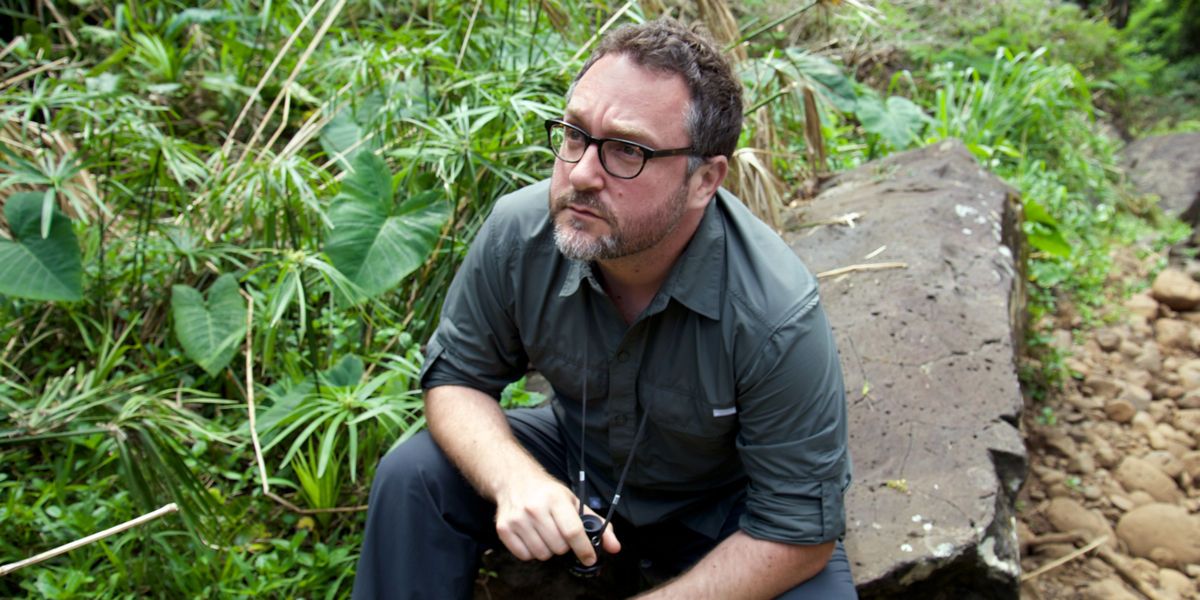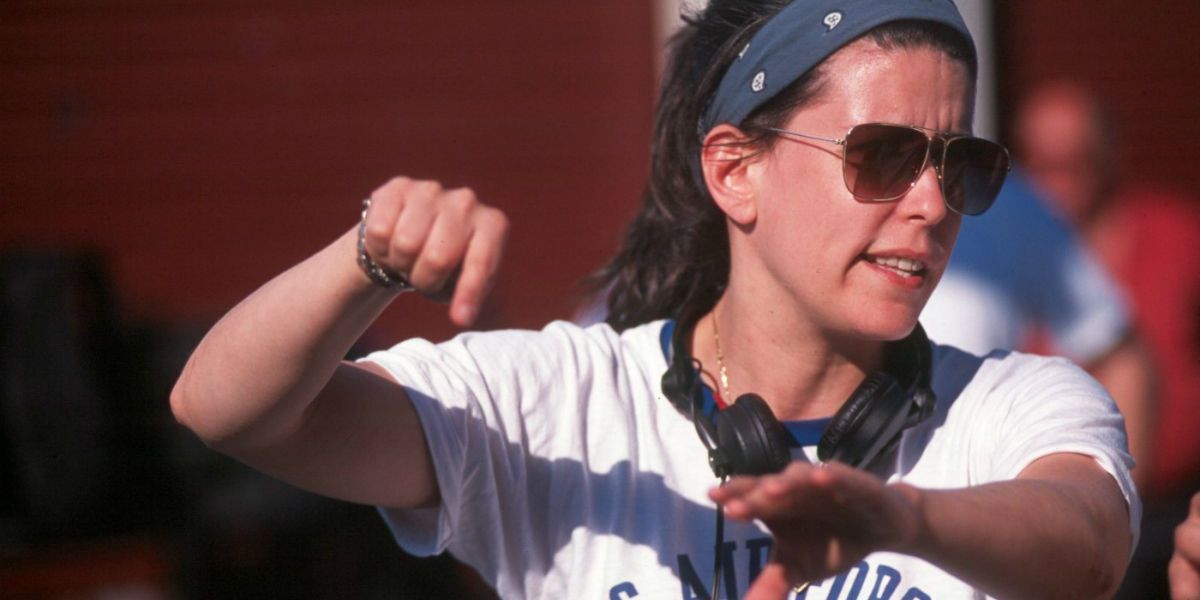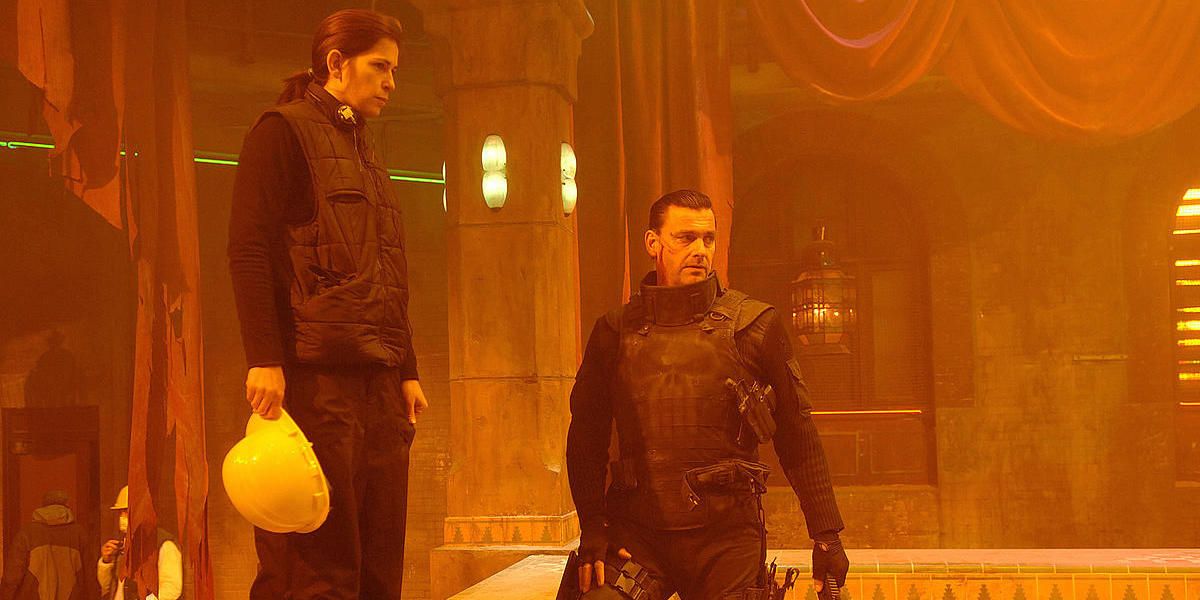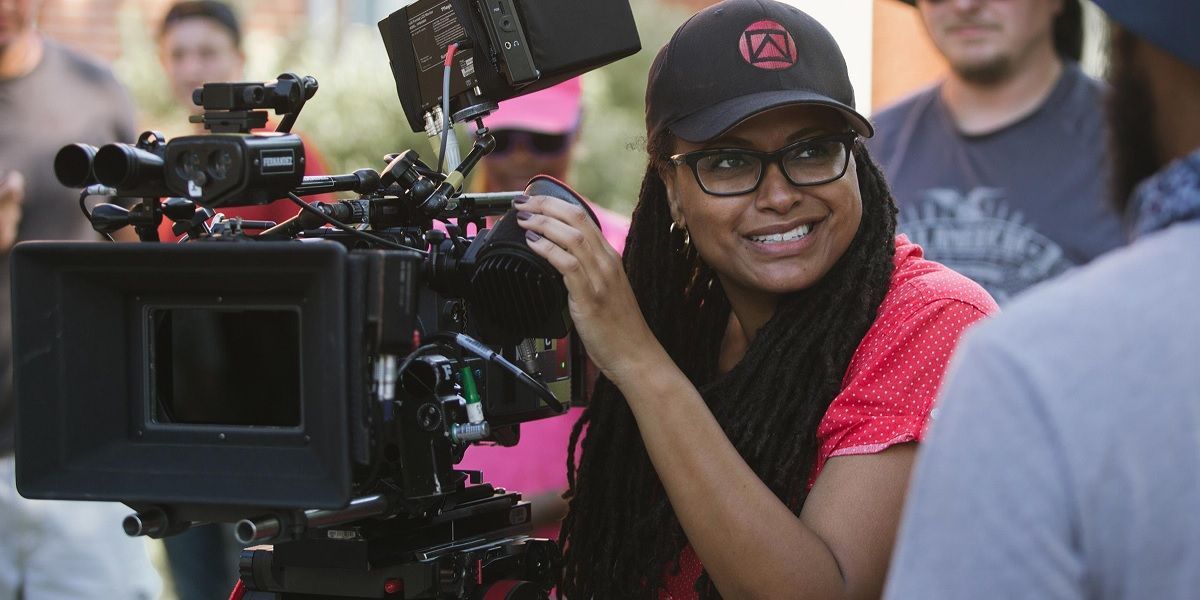It's no secret that the world of Hollywood blockbuster directors is composed primarily of white and/or male filmmakers; to say this is a hot issue right now would likewise be an understatement. Earlier in 2015, the ACLU launched an investigation of gender discrimination in Hollywood, while multiple articles (for example, Alyssa Rosenberg's "How Hollywood stays white and male"), as well as documentaries like Celluloid Ceiling - which notes that only four percent of Hollywood movies are directed by women - have used statistics and personal stories alike to illustrate these (obvious) discrepancies. Studies on the subject have been ongoing since the 1970s (led by the "Original Six" team that includes filmmaker Victoria Hochberg), so this isn't an issue that has never been raised before, either.
The short of it: this is an issue, plain and simple. As such, this leads to the question: for the many of you who would say that you don't care so much about who actually directs a movie (be they a man or a woman), you just want the film to be good - why should this issue matter to you?
Jurassic World director Colin Trevorrow - who's no stranger to controversy about gender and film after the many criticisms of Bryce Dallas Howard's character in his Jurassic Park sequel/reboot - weighed in on the issue of so few women directing in Hollywood (by way of social media), though his comments drew polarizing reactions. Here is a relevant excerpt from a statement that he issued to /Film (click on their article for the full statement), to properly clarify where he stands on this issue:
The last thing I’d want to communicate is that I don’t acknowledge this problem exists. I think the problem is glaring and obvious. And while it does make me a little uncomfortable to be held up as an example of everything that’s wrong, this is an important dialogue to have, so let’s have it.
Would I have been chosen to direct Jurassic World if I was a female filmmaker who had made one small film? I have no idea. I’d like to think that choice was based on the kind of story I told and the way I chose to tell it. But of course it’s not that simple. There are centuries-old biases at work at every level, within all of us. And yes, it makes me feel shitty to be perceived as part of this problem, because it’s an issue that matters so much to me. If I didn’t care, I wouldn’t talk about it in the first place...
I came home from New York tonight and saw my daughter again after a week away. This had come up earlier in the day, so it was on my mind. I did think a lot about how vital it is for me to empower her now, even at age 3... Becoming a filmmaker is not easy. It’s years of rejection and disappointment and it’s very hard, often grueling work. The job takes insane levels of endurance and sometimes delusional amounts of self-confidence. All I can do is raise one girl with that kind of fearlessness, then let her choose her path. That’s my contribution. The rest is up to her.
Trevorrow's not wrong about it being very difficult to make it as a filmmaker in Hollywood, no matter who you are or who you know. After all, if Steven Spielberg hadn't seen Safety Not Guaranteed (which he loved the ending to) and/or if Brad Bird hadn't known who Trevorrow was back when Bird had been offered Star Wars: Episode VII (a turn of events which contributed to Trevorrow landing the Jurassic World job), then Trevorrow might have not ended up directing Jurassic World and/or landing the job of helming Star Wars: Episode IX (cue the jokes from those who disliked Jurassic World saying they wish that had happened).
Thing is, how can Hollywood studios recruit "the best director for the job" on any film when there are numerous candidates (women, to be exact) not being considered, much less asked and/or interviewed? There are plenty of qualified male directors who wind up not being considered for any particular studio movie too, but that doesn't change the fact that it is clearly much more difficult for female directors in general to get their shot at the big time. It's still considered rare to prioritize hiring a woman to direct a specific project (like Wonder Woman or Tomb Raider) - and even then, it tends to only be in the cases where the film has a female protagonist. This comes after many, many years of women having directed great movies centered around male characters (see the majority of Kathryn Bigelow's career work), no less.
Even franchises based on intellectual properties created by women usually serve as jumping-off points for men, rather than women; case in point, a director such as David Yates went from working on small TV dramas like The Girl in the Cafe to helming multiple Harry Potter films and the Fantastic Beasts and Where To Find Them spinoff (also the first movie adaptation of her work to be written by Harry Potter creator J.K. Rowling). It seems like a female director along the lines of Jennifer Kent (The Babadook) - and/or the many women out there with similar filmmaking talents interested in the job - could do just as much justice by a similar IP on the big screen, if they were afforded the chance (which again, they clearly are not).
It's also strikingly apparent that when a women does direct a runaway box office smash, that doesn't necessarily lead to more work the way it often does for men (see: Trevorrow landing Star Wars after Jurassic World). Catherine Hardwicke, for example, called the shots on Twilight, resulting in a film that made over ten times its $37 million budget - and yet, since then, it would appear the biggest project she has been offered was Red Riding Hood (with a budget of $42 million). In a fitting comparison, Fifty Shades of Grey director Sam Taylor-Johnson is coming off making probably the best version of a Fifty Shades movie possible - a R-Rated film that grossed over half a billion worldwide on a $40 million price tag, no less. As of right now, though, Taylor-Johnson hasn't been approached for any major films in development.
Similarly, for every indie breakout like Trevorrow or Jordan Vogt-Roberts - who's going from directing indie coming of age flick The Kings of Summer to Legendary Picture's King Kong reboot Kong: Skull Island - there's... well, not an obvious example of a women making a similar jump (e.g. from being the new indie darling to a studio filmmaker). This, again, indicates many promising female candidates out there aren't being given the time of day. If you're still not convinced of that, you should read any of the recent statements on the matter made by Punisher: War Zone director Lexi Alexander. She's a perfect example of a woman who clearly does want to make more studio genre fare that would please fans of all shades (hence, she's working on Arrow season four next).
Part of what got Trevorrow in trouble with his original statement was that he argued that "many of the top female directors in our industry are not interested in doing a piece of studio business for its own sake" - nor, as he put it, do they want to tell stories about "superheroes or spaceships or dinosaurs." Alexander would mostly like take issue with such a claim, based on previous statements that she has made on related matters:
"There is no lack of female directors. Repeat after me: THERE IS NO LACK OF FEMALE DIRECTORS. But there is a huge lack of people willing to give female directors opportunities. I swear, if anyone near me even so much as whispers the sentence "Women probably don't want to direct," my fist will fly as a reflex action."
To be clear, the lack of gender representation in the workplace is one that members of the Hollywood industry have acknowledged and/or taken steps to correct (as Trevorrow asserted in his response); Pixar Animation Studios, as an example, will have released three movies co-written by women (Inside Out, Finding Dory, and Toy Story 4) over the span of two years, by this time in 2017, and it hopefully won't be long before another of their films is directed by a woman, too. Likewise, after breaking out with the Civil Rights biopic/drama Selma, filmmaker Ava DuVernay was approached to call the shots on Marvel Studios' Black Panther movie (it may be telling that the studio ultimately didn't accommodate her vision for the film, though).
As fans of cinema, this issue means that the odds are stacked even high against someone who could become our favorite big screen storyteller, because of their gender. At the end of the day, when a system that is this difficult to navigate (no matter who you are) is also rigged against people based on qualities like gender, it's inevitable that everyone will lose out.
Let us know your own thoughts/feelings on this issue in the comments section below (and as always, keep it civil).

